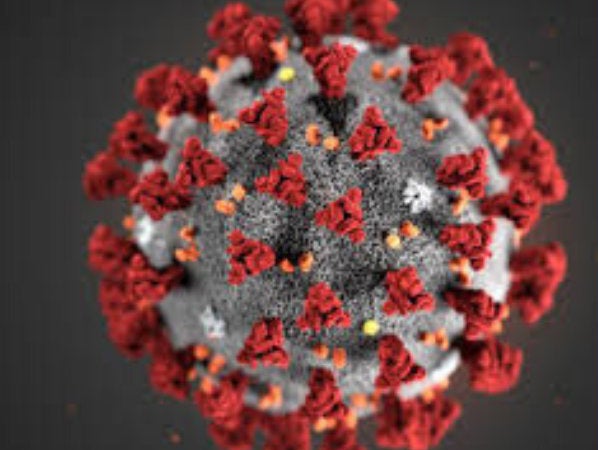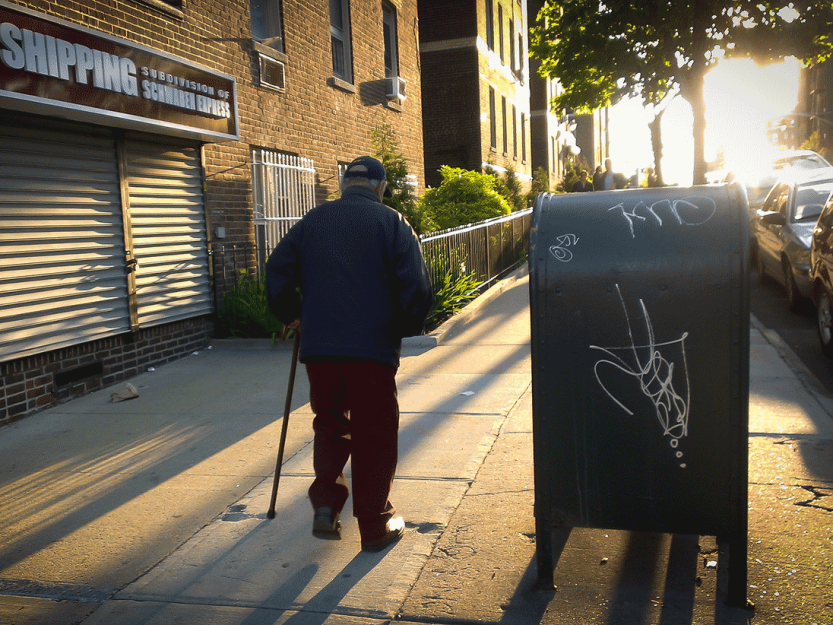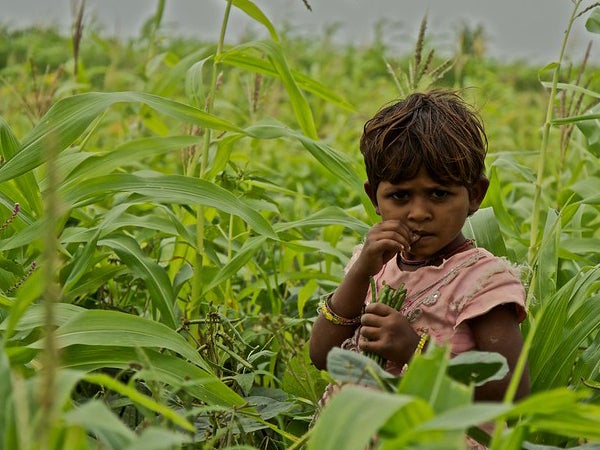New symptoms can occur following a novel coronavirus infection, but are they occuring more than among those who tested negative for infection? This cohort study analyzed the electronic health records of hundreds of thousands of people (under age 20 and over age 20; nonhospitalized, hospitalized, and hospitalized and ventillated) who had a medical encounter between March–December, 2020; the researchers looked for new symptoms that were present 31–150 days after testing…
From Harvard Pop Center Working Paper to The New England Journal of Medicine
We were honored to have our working paper series provide a platform for this time-sensitive article by Roby P. Bhattacharyya, MD, PhD, and William P. Hanage, PhD, on the challenges in inferring the severity of the omicron variant that is now published as a Perspective in The New England Journal of Medicine. Learn more in this press release by the Harvard T.H. Chan School of Public Health.
From Harvard Pop Center working paper to Op-Ed: Harvard Bell Fellow pens this commentary on hiring discrimination faced by immigrants
Based on this working paper, A. Nicole Kreisberg, PhD, penned an op-ed titled “Even with green cards, immigrants face hiring discrimination based on where they were born” published in the Chicago Tribune. (Here’s a pdf of the Op-Ed.) Kreisberg shares this summary: “Recent policy proposals advocate administering more unused green cards to immigrants, largely under the premise that work rights will promote work access. But my research finds employers discriminate…
The equalizing power of U.S. higher education for immigrant Indian women’s job prospects
Harvard Bell Fellow A. Nicole Kreisberg, PhD, and her colleague Liz Jacobs, PhD, have published their findings in International Migration which suggest that although according to the New Immigrant Survey, Indian men do better than Indian women in the U.S. job market, women with a U.S. college degree experience nearly the same occupational attainment as comparably educated Indian men.
Addressing payment challenges faced by front-line health care workers in LMICs — a call for research to incentivize better patient care
The conceptual model detailed in this Commentary in BMJ Global Health illustrates how payment digitation for health care workers in low- and middle-income countries (LMICs) could help to improve health systems, and incentivize more streamlined, effective patient care. Five of the Commentary authors are Harvard Pop Center affiliates, including former PGDA Fellow Margaret McConnell, and faculty affiliates Sebastian Bauhoff, Kevin Croke, Stéphane Verguet, and Marcia Castro.
Retiring at a later age may require a boost in healthy life expectancy
Working longer and later in the lifespan is more possible if it is paired with the “compression of morbidity” — a delayed onset of disability or illness. Center Director Lisa Berkman and her colleague John Rowe have published an article in Nature Aging in which they review recent findings that suggest that while life expectancy may be increasing, the period of life in which functional impairments and disabilities are experienced…
Continue reading “Retiring at a later age may require a boost in healthy life expectancy”
Researchers call into question the accuracy of using stunting as a metric for measuring undernutrition among children in India
S V Subramanian and Rockli Kim, along with their colleague Omar Karlsson, have authored a timely commentary published in The Lancet Global Health in which they caution policy makers in India — who are currently reformulating India’s flagship nutrition program, POSHAN Abhiyaan — about utilizing the stunting metric to determine the effectiveness of interventions targeting child undernutrition. Since the height of a child is partially genetically determined by the height…
Cross-checking registration mortality rates in Kerala, India with data from MARANAM study confirms that civil registration systems are improving
Accurate vital statistics, such as birth and death records, are essential in order to identify mortality risk factors and monitor the performance of health policies. Although mortality registration has historically been incomplete in many low- and middle-income countries, there are signs that it’s improving. Harvard Pop Center Bell Fellow Aashish Gupta, PhD, has co-authored a study that utilizes individual-level registration data from Kerala MARANAM (Mortality and Registration Assessment and Monitoring)…
Many chain restaurants found to change their behavior in response to menu labeling mandate, and roll out lower calorie items
Opting for newer items on the menu of your favorite chain restaurant may be the best choice if you are calorie conscious. A study published in JAMA Network Open that included nearly 60 of the largest US chain restaurants reveals that the menu items that were introduced after a calorie labeling policy was implemented (the law was enforced starting in May, 2018) had about 25% fewer calories than the already…
Authors of HCPDS working paper warn against underestimating severity of latest COVID-19 variant, Omicron
Epidemiologist William Hanage, PhD, and infectious disease specialist Roby P. Bhattacharyya, MD, PhD, have authored an HCPDS working paper (Vol. 21, No. 10) in which they caution against inferring intrinsic traits (particularly, severity) from population-level observations, such as what has been observed in South Africa. Vaccination and immunity from prior infections, for example, complicate comparisons between the population-level infection-fatality rate (IFR) of Omicron versus earlier waves (e.g., the Delta variant).







